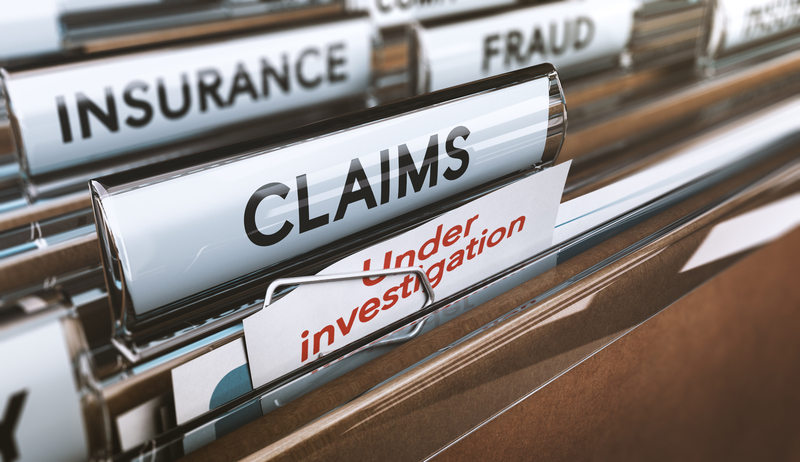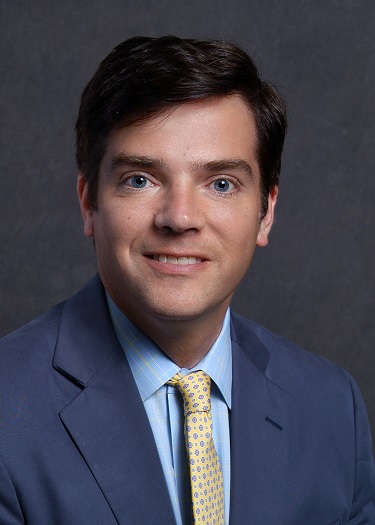If you have any questions about this post or any related matters, please contact me at plehr@norris-law.com.
Pennsylvania Proposes False Claims Act

Pennsylvania legislators have announced their intention to introduce a series of anti-fraud measures this session, which includes a new state false claims act. Citing the impact of the federal False Claims Act, the proposal represents a bi-partisan effort to curb fraud, waste, and abuse in Commonwealth programs, including Medicaid.
The state false claims act will be known as the Commonwealth Fraud Prevention Act.
The proposed legislation would enable private citizens to bring whistleblower lawsuits on behalf of the state for alleged Medicaid Fraud. It would also require state agencies to examine their vulnerability to fraud and establish a statewide do-not-pay system to prevent wrongful payments from being made. Separate bills would amend the Commonwealth Attorneys Act and Title 18 to empower the Pennsylvania Office of the Attorney General to enforce the fraud prevention measures. If passed, Pennsylvania will become the 32nd state to adopt a false claims act.
Last year, Pennsylvania received two reports on the prevalence of fraud and abuse in the Medicaid program.
In April 2019, the Office of the Attorney General released the results of a grand jury report that recommended improvements to the program to address improper payments. Then in November, the House Government Oversight Committee released a report that confirmed deficiencies in the program and made a number of recommendations, including:
- the use of state provider identification numbers;
- standardized training;
- requiring additional information on Medicaid claims such as date and time of service; and
- ensuring penalties and remedies are properly in place.
The report also noted that Pennsylvania currently receives 48% of damages recovered in a Medicaid program fraud case. If, however, a state false claims act was enacted, Pennsylvania would receive 58% of recoveries. Findings such as these are what prompted the legislature to act.
The proposal is not without criticism as health care-related interest groups assert that it will promote meritless claims that increase the costs of patient care.
The Pennsylvania Hospital & Health System Association noted that the establishment of a duplicative state false claims act could lead to one or more claims that would devastate a rural hospital currently facing financial difficulties. Similarly, the Pennsylvania Health Care Association stated that the act would require long-term care providers to focus limited resources on legal challenges rather than quality care.
Health care providers should monitor the progress of this legislative proposal and, as necessary, work with their respective state associations to understand the potential impacts on them and the industry as a whole.




